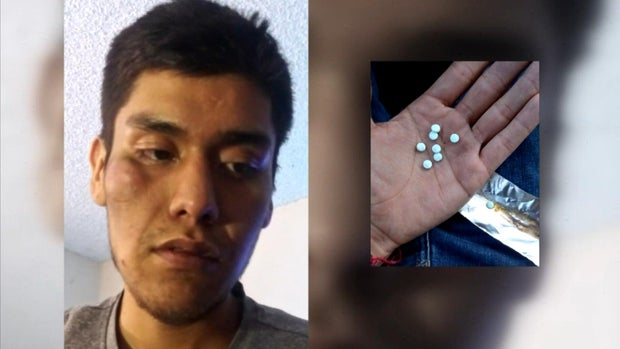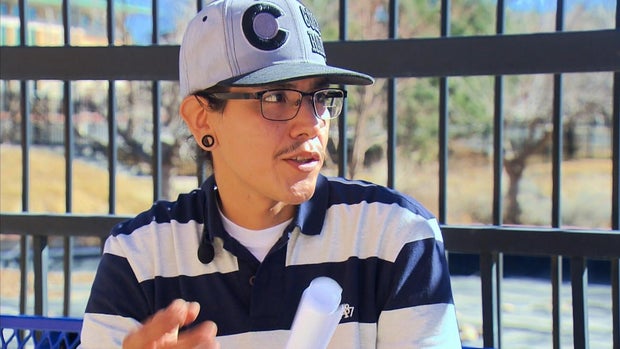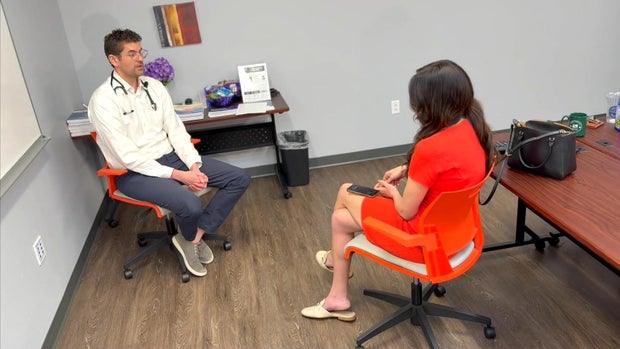Changes in opioid treatment regulations bring success to more addicts in recovery in Colorado
Addiction medicine, particularly opioid treatment programs like methadone, have evolved in recent years. With changes to some regulations, patients now have more freedom and flexibility while still receiving the necessary support.
Edwin Lopez's journey has been full of highs and lows. The Colorado resident is going through a painful battle with addiction, but today he is winning. Lopez started using opiates at the age of 17. His dependence had escalated to 30 pills a day.
More than a year into his treatment with methadone, Lopez feels better than he has in years.
"My journey has been really very emotional and exhausting, and very mentally painful," Lopez said. "But at the same time, it's been very rewarding in the sense that I truly feel like I've taken control of my life back. I've been stable, gaining some weight, and starting to get my color back."
Methadone, a medication that has been used since the 1970s to help individuals with opioid addiction, is part of a harm-reduction approach that focuses on stabilizing the body's physical and emotional systems. More than 400,000 people take methadone as part of their addiction treatment for opioids.
A major change in regulations surrounding methadone treatment allows for take-home doses. This shift is seen as a breakthrough in providing a more patient-centered approach. Methadone treatment once required individuals to visit clinics daily. Changes during the pandemic led to greater flexibility.
Jason Valderrama, a medical provider at Community Medical Services, has been working in addiction medicine for seven years.
"When somebody is staying with us longer, and not coming in and starting treatment and stopping because the treatment demands are too high, we're going to see better success rates," said Valderrama. "They're like, I thought I had to come in every day, and you're telling me I only have to come in three times a week? Like, that's doable."
Old restrictions came from concerns that methadone would be abused or sold to other users. Research found the looser practices were safe. But patients must work up to it.
"You got to earn it, you know, like a trust kind of thing. You got to show that you're responsible with it," said Lopez.
Since medicating at home, Lopez has more time to focus on his business and being a husband and father.
While the support of the treatment system is crucial, Lopez says that recovery ultimately depends on your commitment to the process.
"Clinics can't get clean for you. You have to do your part," Edwin says.
For more information on methadone treatment at CMS visit communitymedicalservices.org.







